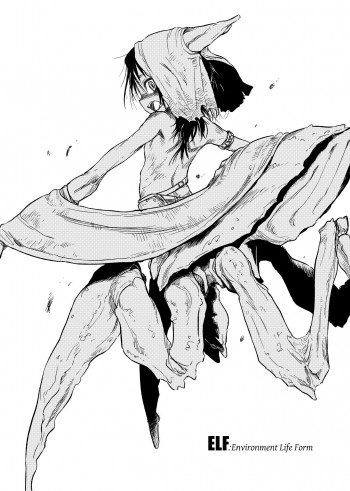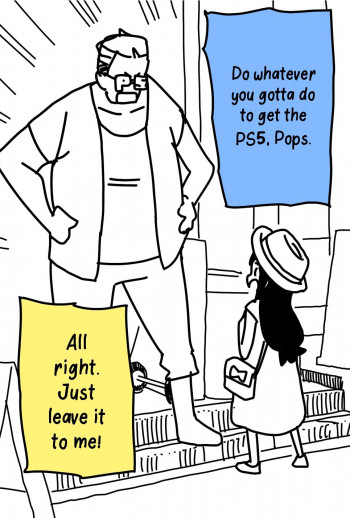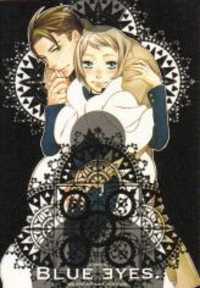Liana Lefey's Once a Courtesan (Once Wicked 2) is a captivating historical romance that intricately weaves themes of redemption, societal judgment, and the transformative power of love. Set against the backdrop of Victorian London, the novel explores the lives of two compelling characters, Constable Will Danbury and Jacqueline Trouvère, the headmistress of a school dedicated to rehabilitating the daughters of courtesans. Lefey's narrative is rich with tension, both romantic and suspenseful, as it delves into the complexities of love that transcends societal norms.
The story begins with Will Danbury, a constable who has infiltrated Jacqueline's school under the guise of investigating an alleged crime. From the outset, Lefey establishes a palpable tension between Will and Jacqueline, drawing readers into their world of secrets and unspoken desires. Will is portrayed as a principled man, dedicated to his duty yet increasingly torn by his growing attraction to Jacqueline. This internal conflict is a recurring theme throughout the novel, as Will grapples with the implications of falling for a woman with a scandalous past.
Jacqueline, on the other hand, is a richly developed character whose strength and vulnerability shine through. As a former courtesan, she carries the weight of societal judgment and self-doubt. Lefey skillfully portrays her struggle to reconcile her past with her present aspirations. Jacqueline's journey is one of self-acceptance, as she learns to embrace her worth beyond her former life. The author’s nuanced depiction of Jacqueline’s character invites readers to empathize with her plight, making her a relatable and inspiring figure.
The romance between Will and Jacqueline is beautifully crafted, marked by a slow burn that heightens the emotional stakes. Lefey excels at building tension through their interactions, filled with stolen glances and charged conversations. The chemistry between the two is undeniable, yet both characters are acutely aware of the barriers that separate them. Will’s position as a constable and Jacqueline’s past as a courtesan create a rich tapestry of conflict that Lefey navigates with finesse.
One of the novel's most compelling themes is the idea of redemption. Both Will and Jacqueline are seeking to redefine themselves in a world that has labeled them. Will’s investigation serves as a metaphor for his own quest for truth, not only regarding the crime at hand but also in understanding his feelings for Jacqueline. Meanwhile, Jacqueline’s efforts to provide a safe haven for the daughters of courtesans reflect her desire to atone for her past and create a better future for others. This theme resonates throughout the narrative, inviting readers to reflect on the nature of forgiveness and the possibility of second chances.
Lefey also explores the societal constraints of the time, particularly regarding class and gender. Jacqueline’s position as a headmistress in a male-dominated society is a testament to her resilience and determination. The author does not shy away from addressing the prejudices that women like Jacqueline face, making her triumphs all the more poignant. The juxtaposition of Will’s duty as a constable and Jacqueline’s role as a protector of vulnerable women highlights the complexities of their relationship, as they navigate the expectations placed upon them by society.
The suspenseful elements of the plot add another layer of intrigue to the story. As Will delves deeper into the investigation, the stakes rise, and the danger surrounding the school becomes increasingly palpable. Lefey expertly intertwines the romantic and suspenseful threads, ensuring that readers are kept on the edge of their seats. The unfolding mystery not only serves to propel the plot forward but also acts as a catalyst for character development, forcing both Will and Jacqueline to confront their fears and insecurities.
In terms of writing style, Lefey’s prose is both lyrical and accessible, drawing readers into the vivid world she has created. Her attention to detail brings Victorian London to life, immersing readers in the sights, sounds, and social dynamics of the era. The dialogue is sharp and authentic, reflecting the characters’ personalities and the societal norms of the time. Lefey’s ability to balance rich descriptions with engaging dialogue keeps the pacing brisk, ensuring that readers remain invested in the story.
Comparatively, Once a Courtesan shares thematic similarities with other historical romances, such as Lisa Kleypas’s Again the Magic and Sarah MacLean’s The Rogue Not Taken. Both authors explore the complexities of love across societal divides, featuring strong female protagonists who defy conventions. However, Lefey’s unique focus on the intersection of crime and romance sets her work apart, offering a fresh perspective within the genre.
Overall, Once a Courtesan (Once Wicked 2) is a beautifully crafted tale that deftly combines romance, suspense, and social commentary. Liana Lefey has created a world where love can flourish against all odds, and where the past does not have to dictate the future. The emotional depth of the characters, coupled with the intricate plot, makes this novel a must-read for fans of historical romance. Lefey’s ability to weave together themes of redemption, societal judgment, and the transformative power of love ensures that readers will be left with a lasting impression long after the final page is turned.











![God of Bath [Official]](/upload/pic/manga/god-of-bath--official-.jpg)












Reviews 0
Post a Reviews: